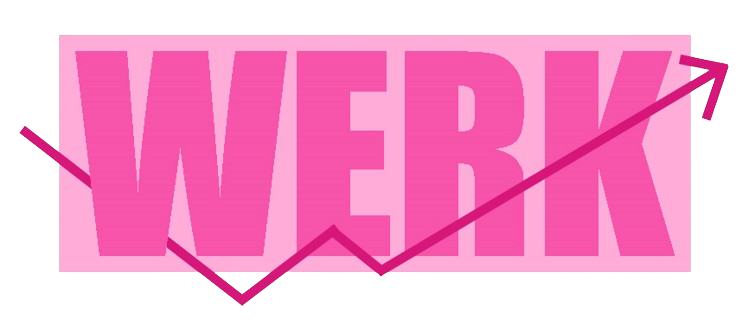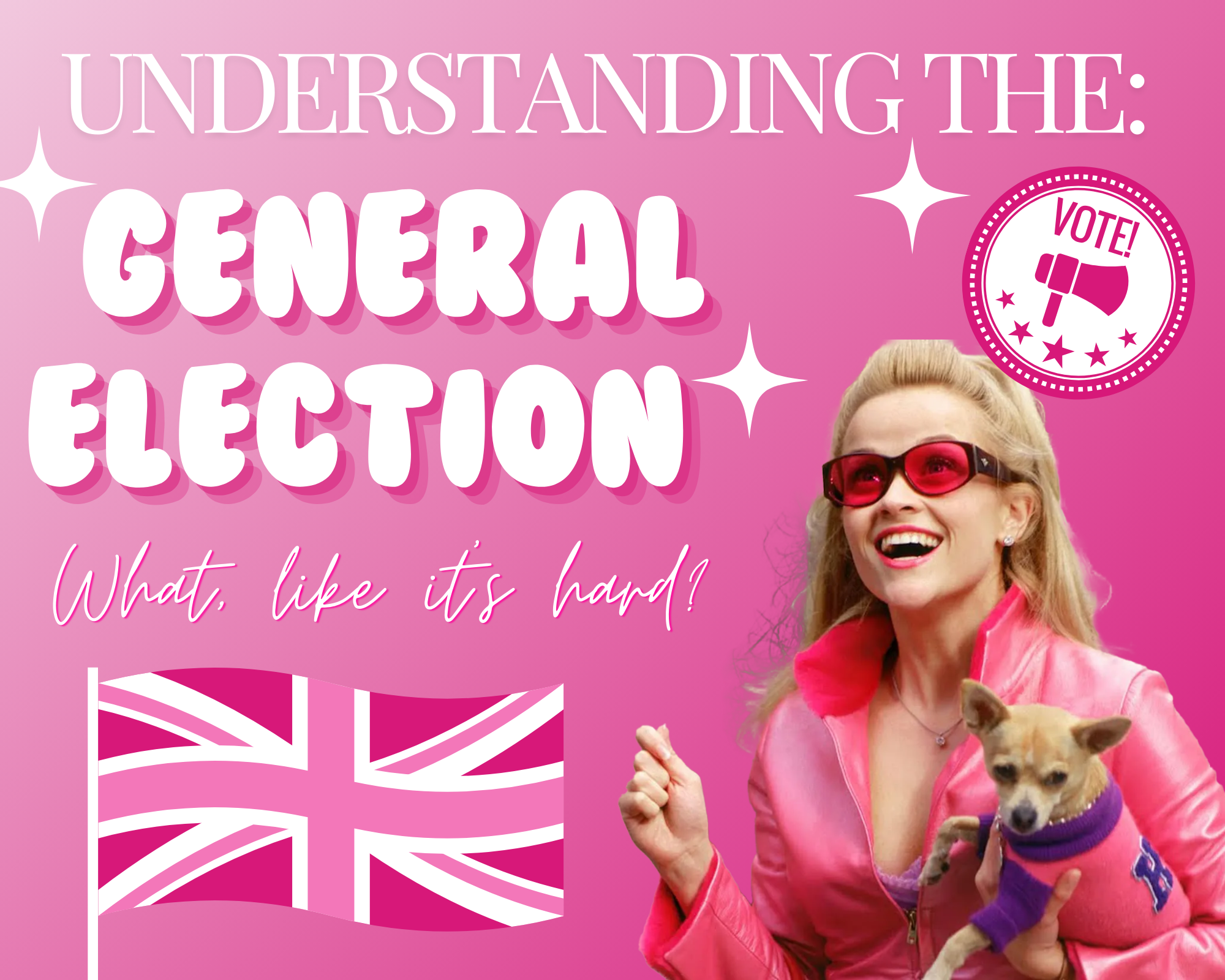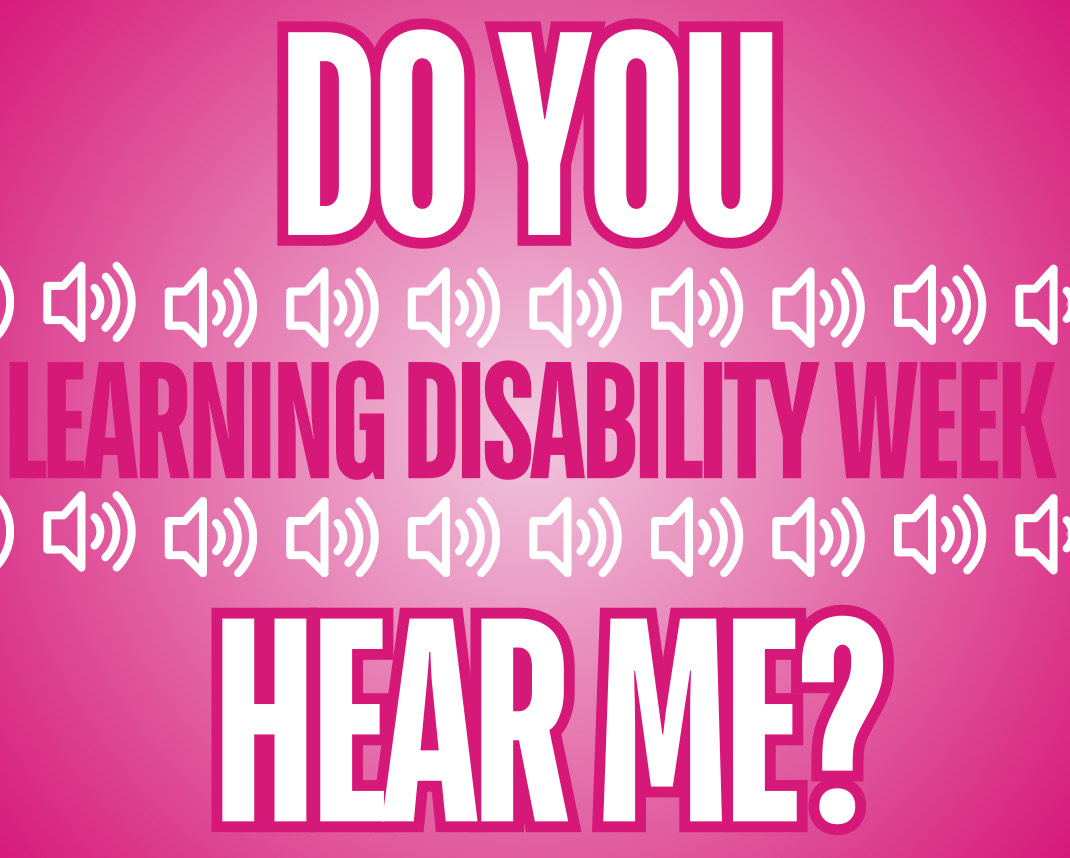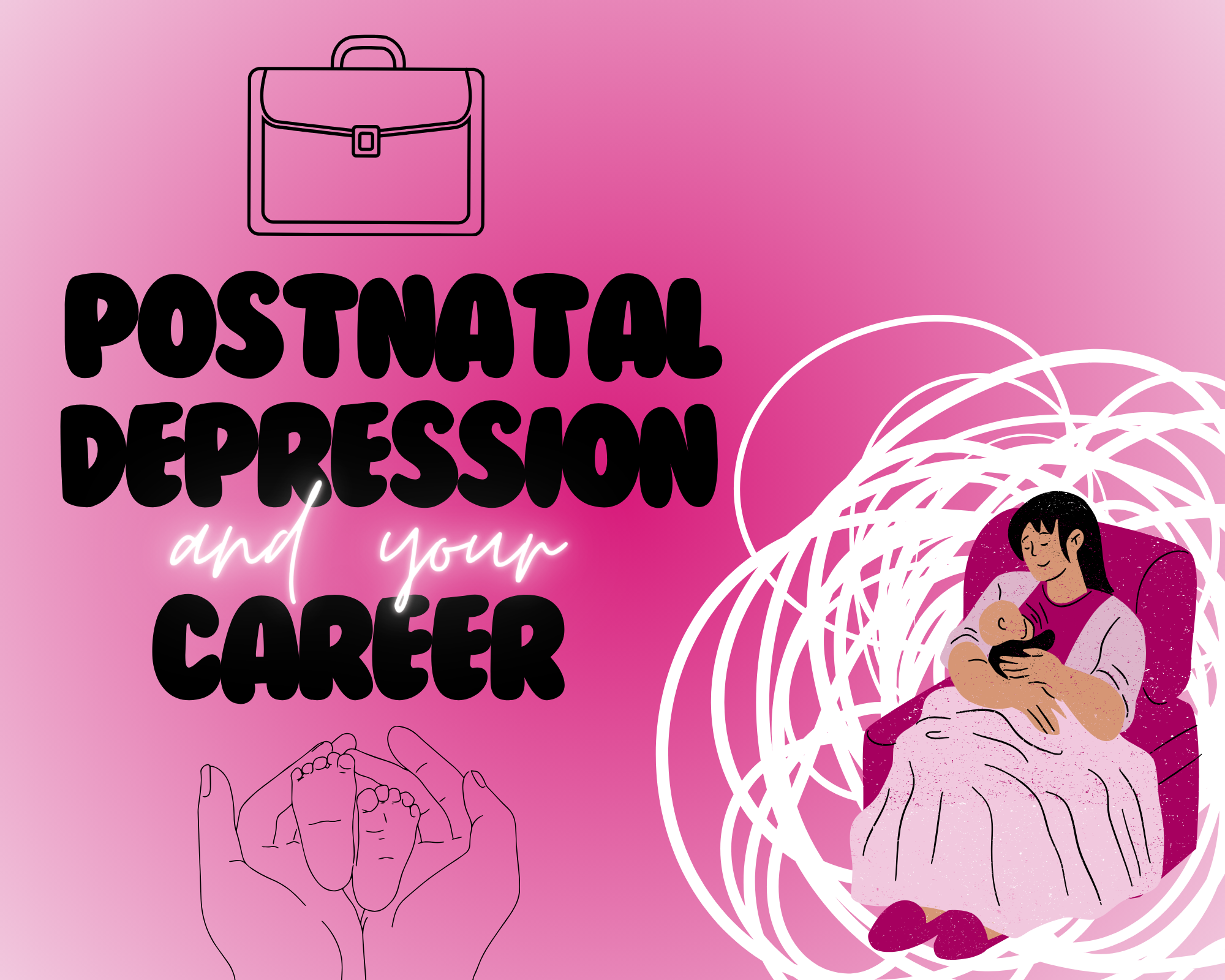The announcement of the new general election probably was just as shocking to you as us. If you also felt this way, you probably have no idea what is going on, what it means to you or where to start finding the information.
We are here to give you a beginner’s guide on politics, and break down what this election actually means. From one ‘typical blonde’ as the old men down the pub would call me to another, lets work our way through this.
What is the general election?
Our Prime Minister, Rishi Sunak, announced on Wednesday 22 May that a general election would be taking place on Tuesday 4 July, so you’ve got plenty of time to wrap your head around the world of politics.
This general election means on 4 July a new Prime Minister could be re-elected, booting Rishi out of his seat. This is decided by whichever party with the most elected Members of Parliament (MPs) through votes creating a government, which will be the new government after votes have been counted.
This could see the end to the Conservatives’ reign of power over the past 14 years and a new political party has the chance to take control. If there is no majority in votes, this could lead to a ‘hung parliament’ which is probably a term you hear thrown around, but what does it mean?
A hung parliament is where no government holds the majority, and may be put into a coalition government with another party and lead the country together. They may also run a minority government which is where the biggest party can get smaller parties to help them with legislation.
What does the new general election mean for right now?
For right now, it doesn’t mean much. But, any legislation that wasn’t passed by Friday 24 May cannot be passed in preparation for the government’s dissolvement on Thursday 30 May just 25 days before the vote.
Any MP’s currently in power will now become candidates who campaign in the re-election to fight for their spot back in the top seats.
Between now and the election date, the different parties will release their manifestos where you can read up on who you want to vote for. No manifestos have been released yet, but they will be in the weeks leading up to the election so stay tuned. It is important to read through their manifestos carefully to make the best decision on who is best to lead our country, even if you may think it is slim pickings.
How do I vote?
Voting can feel complicated but it doesn’t have to. If you are 18 and over, you can register to vote online here and the deadline for registration is Tuesday 18 June so make sure you get on it. Rules and regulations on registering to vote can also be found on the government website.
On voting day, you will vote for the member of parliament you would like to win who will either be affiliated with a political party or independent. The easiest way to vote is to go to your local polling station, open between 7am and 22pm on election day.
You will need to bring a valid form of photo ID along with you to vote.
Alternatively you can nominate someone on your behalf to vote, called a proxy, who also must be registered to vote. The deadline to apply for this is Wednesday 26 June at 5pm.
You can also apply for a postal vote online here if you cannot make it to your local polling station.
With three ways of voting, it has just got all the more easy, and now you have no excuse to go vote for what you believe is right.
Why should I vote?
It is important to vote so you get your own say in the way the country is run, and can soak in the benefits that can be provided for you. No matter what stance you take, it is important you take it and have involvement in your present, and future.
Make sure to educate yourself on what you believe and who you are standing for before voting. Your say can help influence change for more people than you believe.
We hope this helps you wrap your brain to the whirlwind of the general election. We will be posting more throughout the week about the general election and what it means for you so stay tuned. Happy voting!




